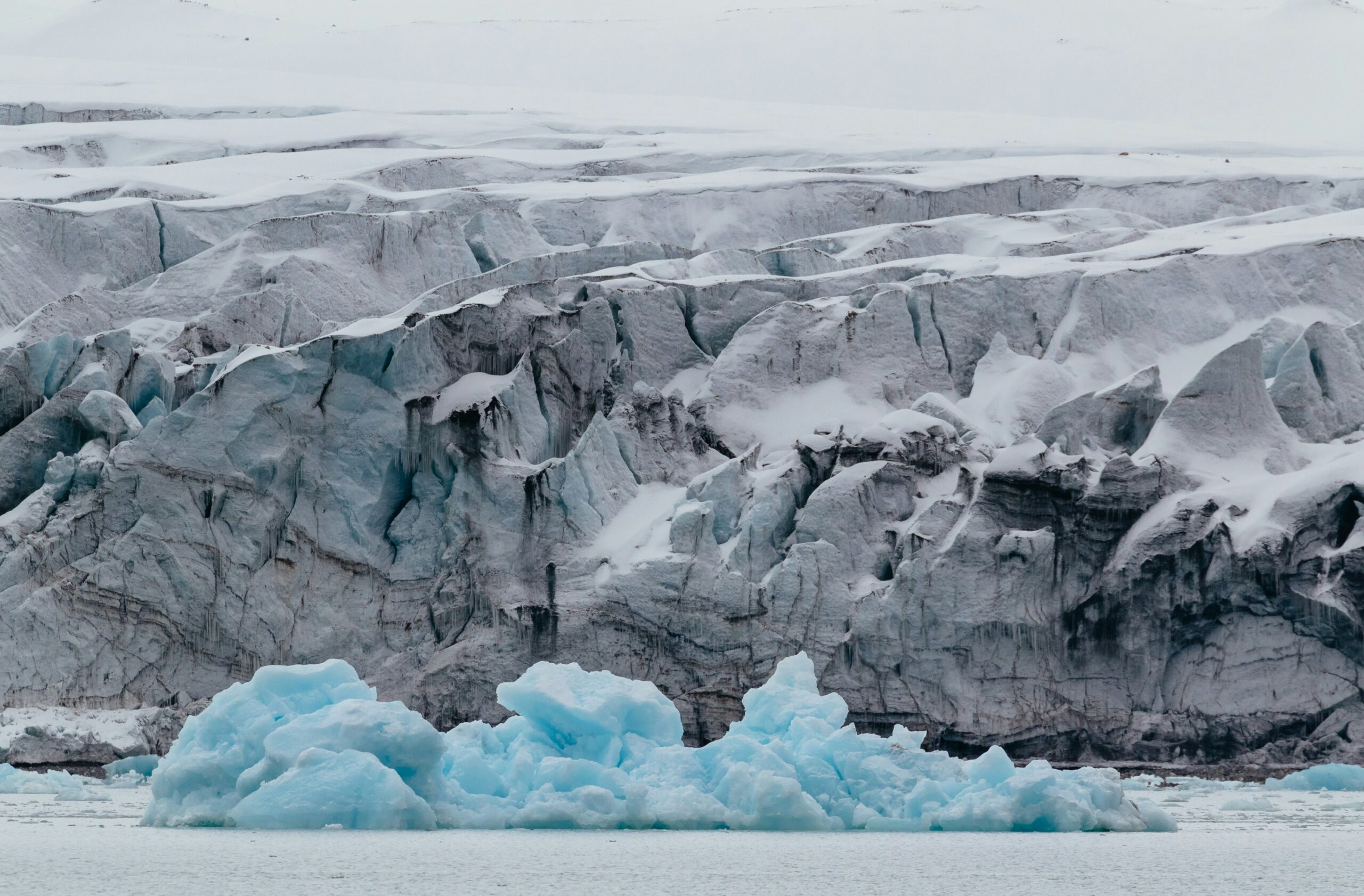Scientists discover nitrogen-fixing bacteria beneath sea ice, challenging previous assumptions and offering potential climate benefits
Photo by Chris Marquardt
Scientists have discovered a hidden phenomenon beneath Arctic sea ice that challenges long-held assumptions and could trigger an unexpected boom in marine life as the ice continues to melt.
An international team led by the University of Copenhagen has identified nitrogen-fixing bacteria thriving beneath and along the edges of Arctic sea ice – the first time this process has been documented in the region’s most central and remote areas. The discovery could reshape predictions about the Arctic’s marine ecosystems and carbon budget.
“Until now, it was believed that nitrogen fixation could not take place under the sea ice because it was assumed that the living conditions for the organisms that perform nitrogen fixation were too poor,” said Lisa W. von Friesen, lead author of the study and former PhD student at the University of Copenhagen’s Department of Biology. “We were wrong.”
Nitrogen fixation is a process in which bacteria convert nitrogen gas dissolved in seawater into ammonium, a form that can be used by algae and other organisms. Algae form the foundation of Arctic marine food webs, but their growth has been limited by nitrogen scarcity in the region’s frigid waters.
The study, published in Communications Earth & Environment, found that non-cyanobacterial diazotrophs – unlike the cyanobacteria that typically perform nitrogen fixation in warmer oceans – are responsible for the process in the Central Arctic Ocean. These bacteria feed on dissolved organic matter released by algae and, in return, release fixed nitrogen that nourishes algal growth.
Researchers measured nitrogen fixation at 13 locations across the central Arctic Ocean, including waters off northeast Greenland and north of Svalbard, during expeditions aboard the icebreakers IB Oden and RV Polarstern. They discoveredthe highest rates of nitrogen fixation at the ice edge, where melting occurs most actively.
“In other words, the amount of available nitrogen in the Arctic Ocean has likely been underestimated, both today and for future projections,” von Friesen explained. “This could mean that the potential for algae production has also been underestimated as climate change continues to reduce the sea ice cover.”
As Arctic ice retreats and the area of melting expands, larger amounts of nitrogen are expected to become available through this bacterial process. This could cascade through the entire marine food web. “Because algae are the primary food source for small animals such as planktonic crustaceans, which in turn are eaten by small fish, more algae can end up affecting the entire food chain,” von Friesen added.
The discovery also has implications for carbon sequestration. Algae act as natural carbon dioxide absorbers, and increased algal production could enhance the Arctic Ocean’s capacity to remove CO2 from the atmosphere. “For the climate and the environment, this is likely good news,” said Lasse Riemann, professor at the University of Copenhagen and co-author of the study. “If algae production increases, the Arctic Ocean will absorb more CO2 because more CO2 will be bound in algae biomass.”
However, Riemann cautioned that the net climate effect remains uncertain. “We do not yet know whether the net effect will be beneficial for the climate. But it is clear that we should include an important process such as nitrogen fixation in the equation when we try to predict what will happen to the Arctic Ocean in the coming decades as sea ice declines.”
The research involved scientists from the University of Copenhagen, Linnaeus University, Alfred Wegener Institute, Aix Marseille University, National Oceanography Centre, Max Planck Institute for Chemistry, Stockholm University, and Swedish University of Agricultural Sciences.
The findings represent a rare silver lining to Arctic ice loss, which remains a catastrophe overall, but suggest that marine ecosystems in the High North may be more resilient than previously thought.
